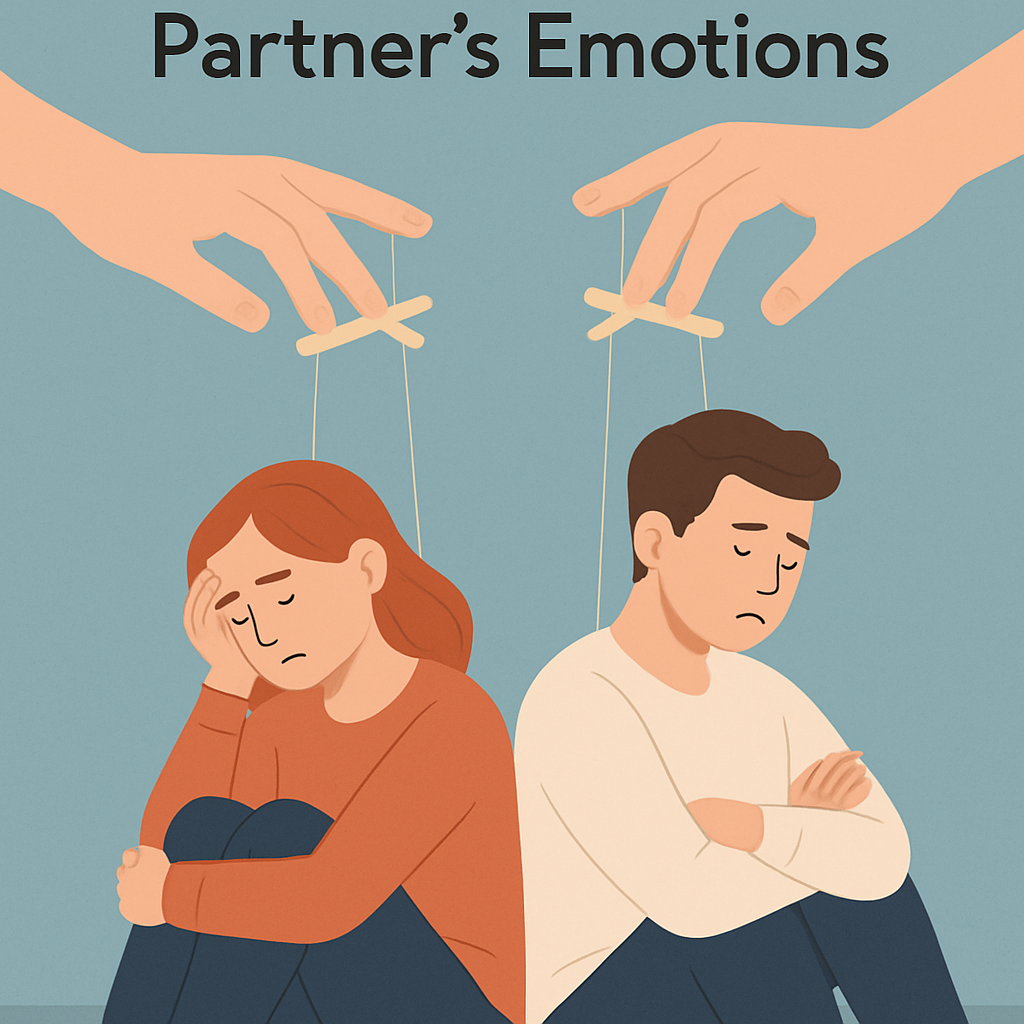Co-Regulating Emotions in Intimate Relationships
Babies are not born with a fully formed sense of self. In the earliest stages of life, there is no distinction between "me" and "you." They perceive themselves as one with their caregiver and their environment. It is only through time, repetition, and emotional mirroring that a child begins to recognize their individuality. Through this co-regulation with a nurturing adult, a baby learns to soothe, to feel safe, and eventually to develop a separate and stable sense of self. But what happens when this foundation is shaky? What happens when the patterns of emotional fusion or invalidation follow us into adulthood?
In intimate relationships, the echoes of early attachment and emotional attunement often resurface. Unlike friendships or professional relationships—where boundaries tend to be clearer—in romantic partnerships, we often unconsciously blur the lines between our own emotional states and those of our partner. This lack of emotional differentiation can create patterns of control, invalidation, and disconnection.
For example, one partner may attempt to regulate their own discomfort by suppressing or silencing the emotions of the other. They might say, "You're too emotional," or, "You're overreacting again." While these comments may seem like offhanded expressions of frustration, they carry deeper implications. At their core, they convey: Your emotions make me uncomfortable, so I need you to stop.
This is not always overt. It can be subtle—eye rolls, long sighs, silent withdrawal. These nonverbal cues signal emotional disapproval and rejection. Over time, this creates an unspoken message: If I express myself, I will be dismissed. If I feel too much, I will not be safe. And so, one partner may begin to shut down, suppress, or deny their emotional world—not because they want to, but because it's the only way to preserve connection.
This isn't to say we must always be emotionally available to our partner on demand. Boundaries matter. It is entirely appropriate to say, "I want to be here for you, but I’m overwhelmed right now—can we talk later?" That’s respect. That’s self-awareness. But there’s a difference between setting boundaries and invalidating someone’s emotional reality.
Emotional invalidation also shows up in comparison. One partner shares a difficult day, and instead of empathy, the other responds with, "You think that’s bad? Let me tell you about my day." This becomes a pattern—a competition of suffering. A constant tallying of who had it worse. And when this happens often, one partner may begin to feel guilty for even having emotions at all.
These patterns don’t end with separation. Many former couples carry these emotional dynamics into co-parenting. They continue comparing, competing, and assuming the worst about each other’s experiences: They have more money, so their life must be easier. They’re single now, so they must be partying. But emotional pain doesn’t have a fixed scale. The absence of money doesn’t make someone deeper. The presence of wealth doesn’t protect someone from grief. It’s all relative. And it's all filtered through the lens of individual perception.
Ultimately, emotional regulation is an inside job. We are each responsible for the emotions that arise within us. Yes, others can trigger us, but what they awaken is already there. When we try to control our partner’s feelings, what we are really doing is avoiding our own. We are saying, If you stop crying, I don’t have to feel helpless. If you stop being angry, I don’t have to confront what I did.
True co-regulation doesn’t mean fixing, silencing, or saving. It means being present. It means saying, "I see you," even when we don’t have the answers. And most importantly, it means developing the capacity to hold space for someone else’s reality—without making it a threat to our own.
Emotional maturity is not about never feeling triggered. It’s about noticing the trigger, taking a breath, and choosing not to make someone else responsible for the discomfort we feel. It’s about remembering: You are you, and I am me. We are allowed to feel differently.
That is the foundation of emotional safety. And without it, even love cannot thrive.
Ready to calm your mind and take control of your emotions after separation? Grab our 4-Week Coaching Program: Grounding Yourself After High-Conflict Separation for $35 - practical, compassionate, and made for this exact moment.
